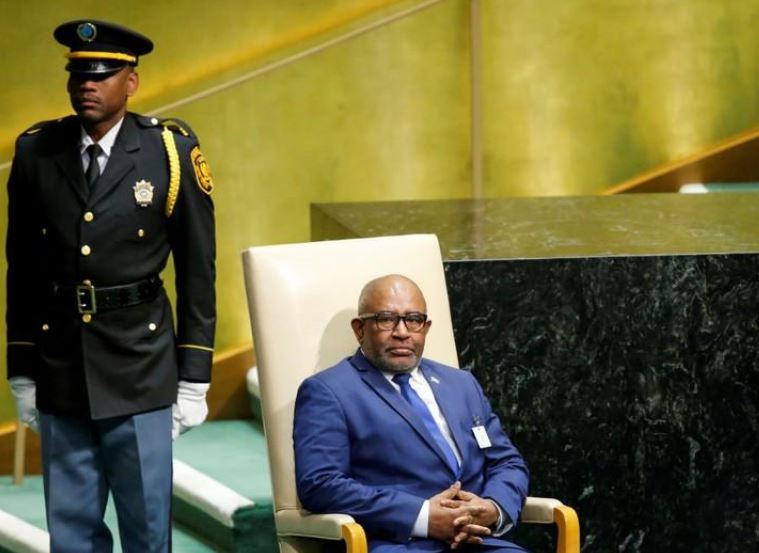×
The Standard e-Paper
Home To Bold Columnists

Gunfire was heard near the main military base in the Comoros capital on Thursday, hours after opposition candidates announced plans to unseat the president whose re-election this week they reject as fraudulent.
President Azali Assoumani was declared the winner in Sunday’s election with more than 60 percent of the vote, enough to avoid a second-round run-off. Observers from African monitoring missions have said the election lacked credibility.
